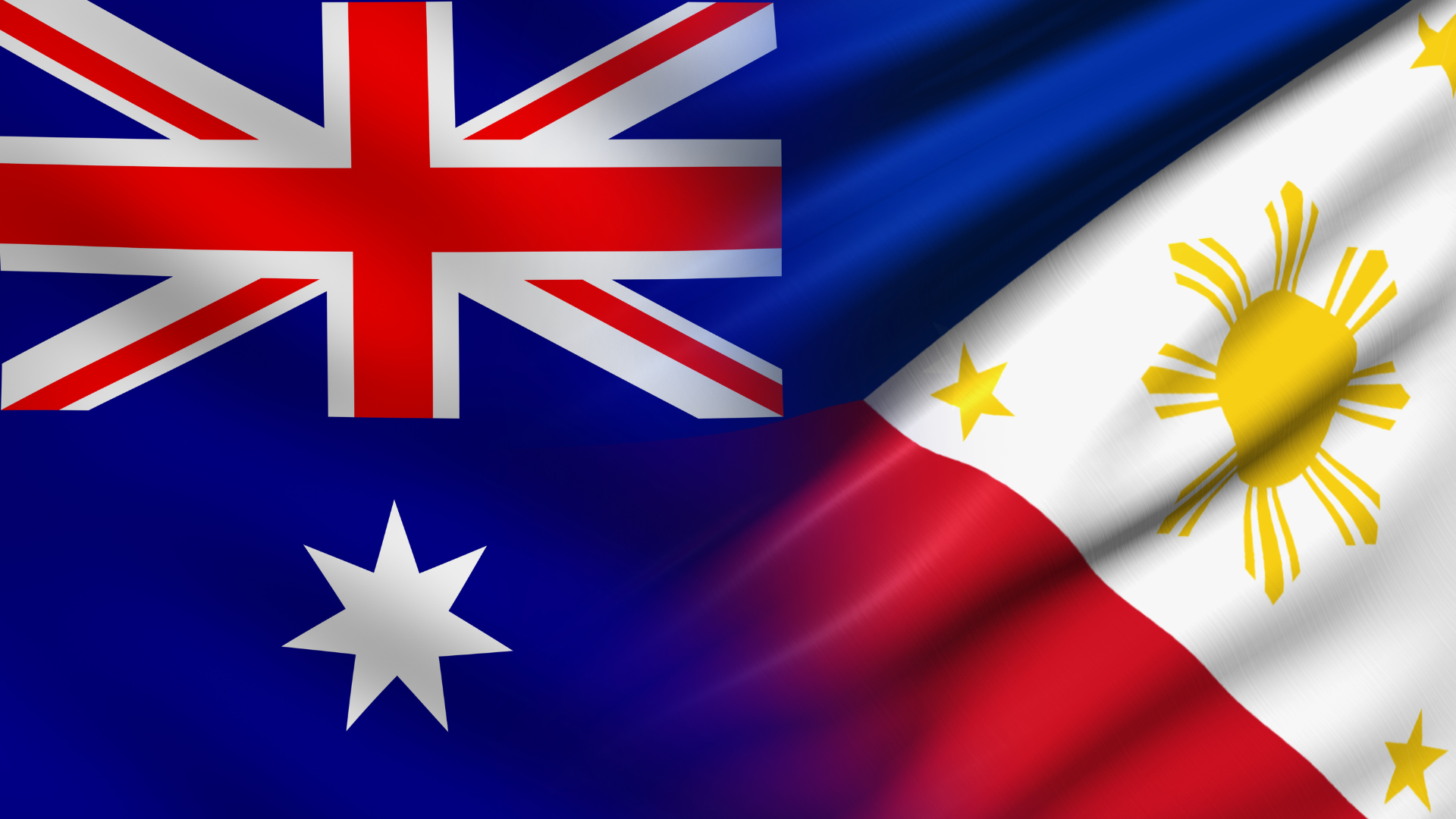
President Ferdinand Marcos Jr. signs three deals with Australia on maritime environment protection, cyber technology, and effective competition laws and policies, the Palace announces on Thursday, February 29, 2024. INQUIRER FILES
MANILA, Philippines — President Ferdinand Marcos Jr. on Thursday signed three agreements with Australia on maritime domain and maritime environment, cyber and critical technology, and effective competition laws and policies.
“The three agreements exchanged today shall enhance information sharing, capability building, and interoperability between our relevant government agencies in the maritime domain and maritime environment, cyber and critical technology, and competition law,” Marcos said in a statement released by Malacañang.
According to the Palace, the maritime agreement seeks to strengthen civil-military cooperation, enhance defense deals, and promote international law and rules-based international order. The Philippines and Australia also agreed to protect the marine environment.
READ: Marcos: Australia is PH’s ‘natural partner’ in keeping int’l order
The deal comes amid rising tensions in the South China Sea, where China continues to engage in aggressive actions such as firing water cannons at Philippine vessels.
Recently, cyanide fishing has been reported in the disputed waters, specifically in Bajo de Masinloc, with Chinese fishermen allegedly among foreign perpetrators.
As to the cyber technology agreement, Australia and the Philippines will share information on the field and promote digital economy.
The pact on competition laws and policies, meanwhile, is aimed to make the two countries share best practices on trade including merger regulations, and investigative techniques relevant to implementing competition laws, among others.
“The three agreements add to the more than 120 agreements that our two countries have signed through the decades,” Marcos said. “And these are in various fields, including defense cooperation, air services, education, research, scientific and cultural cooperation, amongst others.”